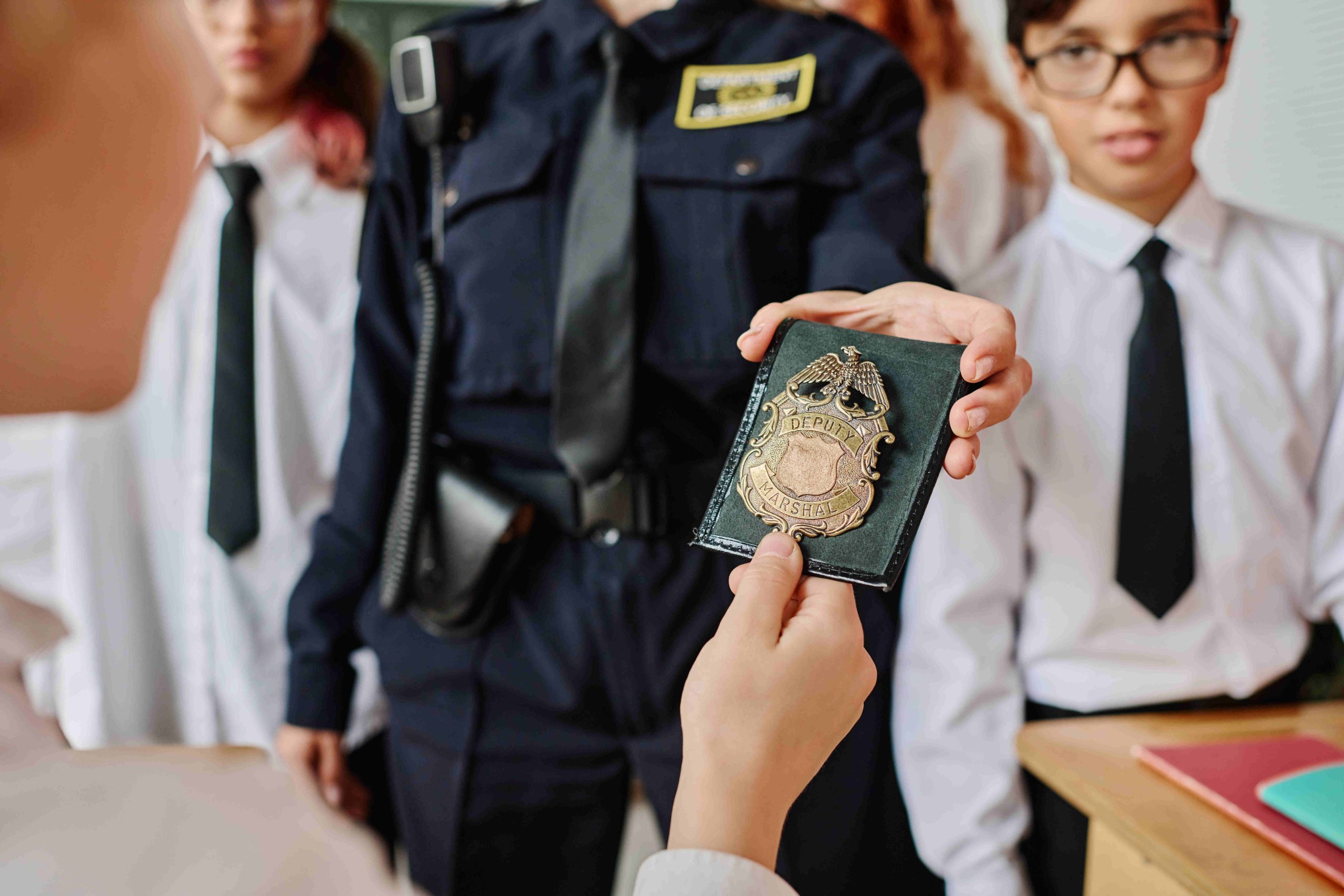- Free Consultation: (714) 351-0178 Tap to Call
Understanding Search and Seizure Rights for Minors at School

Your child’s privacy isn’t just a legal issue—it’s a matter of trust and dignity. Imagine their belongings being searched at school without warning or explanation. They might feel humiliated, singled out, or even fearful. As a parent, you want answers—and accountability. Schools may have authority, but that authority isn’t unlimited.
At Katie Walsh Law, we’re here to help when schools cross the line. If you believe your child’s rights have been violated, contact our Orange County juvenile criminal defense lawyers today to discuss your case and explore your options.
What is Search and Seizure in Schools?
Search and seizure involve examining someone’s belongings to uncover evidence of wrongdoing, often resulting in confiscation. However, many schools face the unique challenge of balancing student privacy with maintaining safety. This balance often leads to unique legal standards. For example:
- Backpacks: Can be searched if officials suspect they contain prohibited items such as weapons or drugs.
- Lockers: Since lockers are school property, they can sometimes be subject to random searches.
- Electronic Devices: Courts impose stricter standards for accessing personal data on phones or laptops due to privacy concerns.
While schools have authority, searches cannot be arbitrary or excessively intrusive. When this line is crossed, your child’s constitutional rights may have been violated.
Key Legal Standards: Reasonable Suspicion vs. Probable Cause
The legality of a search depends on who conducts it. Law enforcement officers need probable cause, meaning they must have substantial evidence to believe a crime has been committed.
School officials, however, operate under reasonable suspicion, a lower standard. They only need a reasonable belief that a student violated a rule or law. For instance, overhearing a student discussing illegal substances in their backpack could justify a search.
Limits exist to protect students:
- Justified at its inception: There must be a valid reason to suspect the student has violated rules or the law.
- Reasonable in scope: The search must not be excessively intrusive based on the student’s age, gender, and the nature of the alleged offense.
If these limits are exceeded, it could violate your child’s Fourth Amendment rights.
What Students and Parents Should Know
Students and parents must understand when searches are lawful versus when they overstep legal boundaries. For example:
- Lawful Searches: If a teacher sees a student place prohibited items in their locker, this could justify a search.
- Unlawful Searches: Searching a student’s backpack without evidence or reasonable suspicion is not permissible.
While schools have the authority to create their own rules, those rules must still comply with constitutional protections.
Hold Schools Accountable with an Orange County Juvenile Criminal Defense Lawyer
Unlawful searches in schools can have significant legal and emotional impacts on your child. At Katie Walsh Law, we focus on providing strong legal representation for minors and their families. Our approach is compassionate yet firm, ensuring that your child’s rights are protected every step of the way. From holding schools accountable to addressing any broader legal concerns, we are here to help. Call (714) 351-0178 or send us an online message to start your consultation today.






